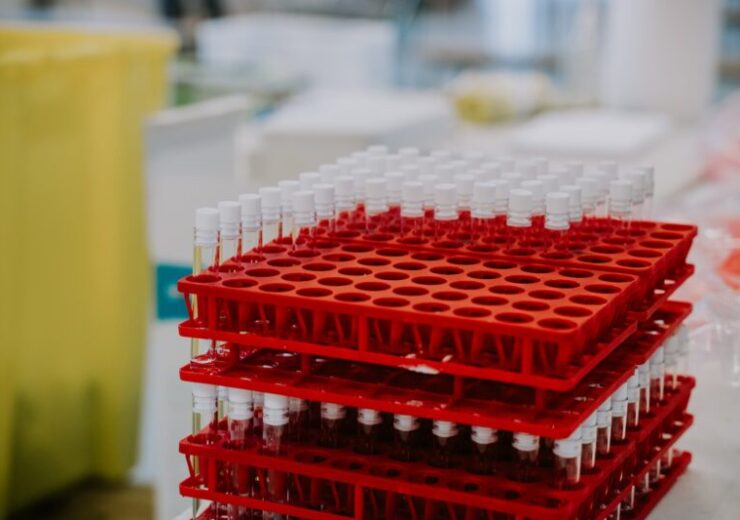The test, which reduces exposure to blood-borne pathogens while creating a low-cost diagnostic, can be easily used in remote locations by community health workers to identify and thereby treat affected people

US BARDA awards contract to Satio to develop an ebolavirus diagnostic. (Credit: Mat Napo on Unsplash)
US-based medical device company Satio has secured a contract from the Biomedical Advanced Research and Development Authority (BARDA) to develop a new patch-based single-use, rapid ebolavirus diagnostic.
BARDA is part of the Administration for Strategic Preparedness and Response (ASPR) within the US Department of Health and Human Services (HHS).
The diagnostic will combine a patch-based blood collection system from Satio and the rapid and sensitive ebolavirus immunoassay from Senegal-based Institut Pasteur de Dakar.
The American medical device company said that the test can be easily used in remote locations by community health workers to promptly identify and thereby treat affected people.
Satio’s offering is said to reduce exposure to blood-borne pathogens while creating a low-cost diagnostic.
It can also be quickly deployed without the need for fingerstick blood samples and the related offboard blood sample manipulation, the medical device firm said. This is important in enhancing patient outcomes and halting the ebolavirus’ spread.
In addition, the medical device company has collaborated with US-based computational biology company Sapphiros. The partnership will allow Satio to manufacture the diagnostic on the latter’s proprietary extreme volume manufacturing process to ensure that the platform technology is affordable and available to low- or middle-income countries (LMICs).
To support a range of lab-based testing, the medical device company is creating a suite of patch-based platforms. These include SatioDot for dried blood spots and SatioDraw for full blood collection.
The diagnostic platforms use a lancet to draw blood from the upper arm into the patch.
Additionally, Satio expects to speed up the development of an integrated blood draw and diagnostic platform with funding support from BARDA’s Division of Research, Innovation and Ventures (DRIVe).
The platform can be expanded to detect other blood-borne infections like Human immunodeficiency virus (HIV) and syphilis, said the company.
Satio executive chairman and founder Namal Nawana said: “Satio’s patch-based blood draw, diagnostic, and drug delivery platforms are designed to transform workflow in healthcare.
“This partnership between BARDA DRIVe, Institut Pasteur de Dakar, Sapphiros, and Satio allows us to develop low-cost, high-performance diagnostics to respond rapidly to biosecurity threats, such as ebolavirus.”
